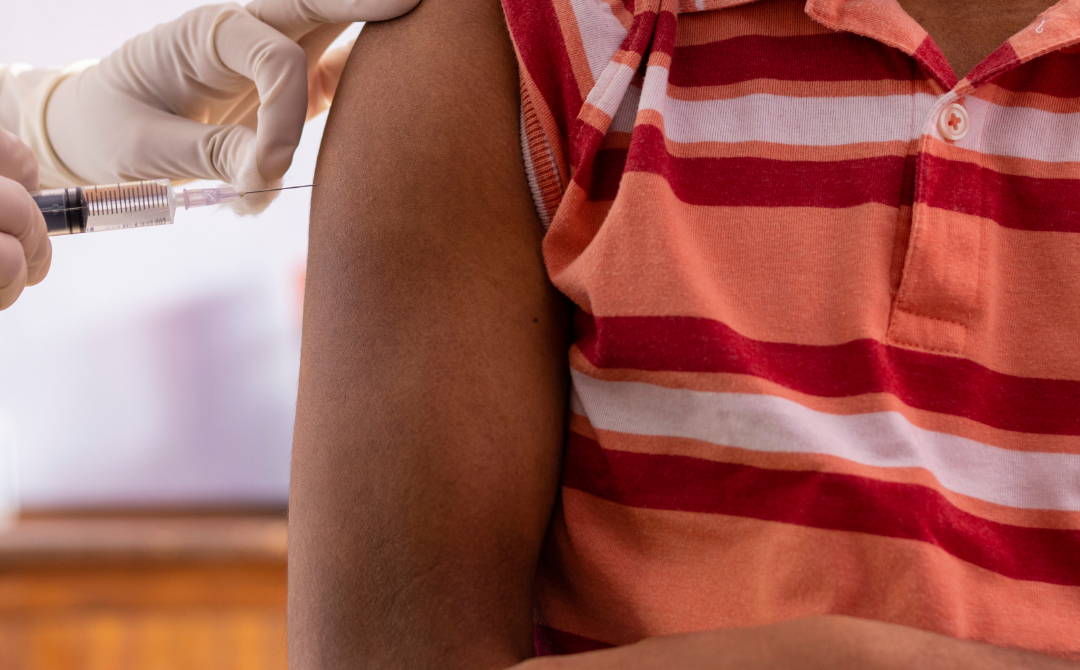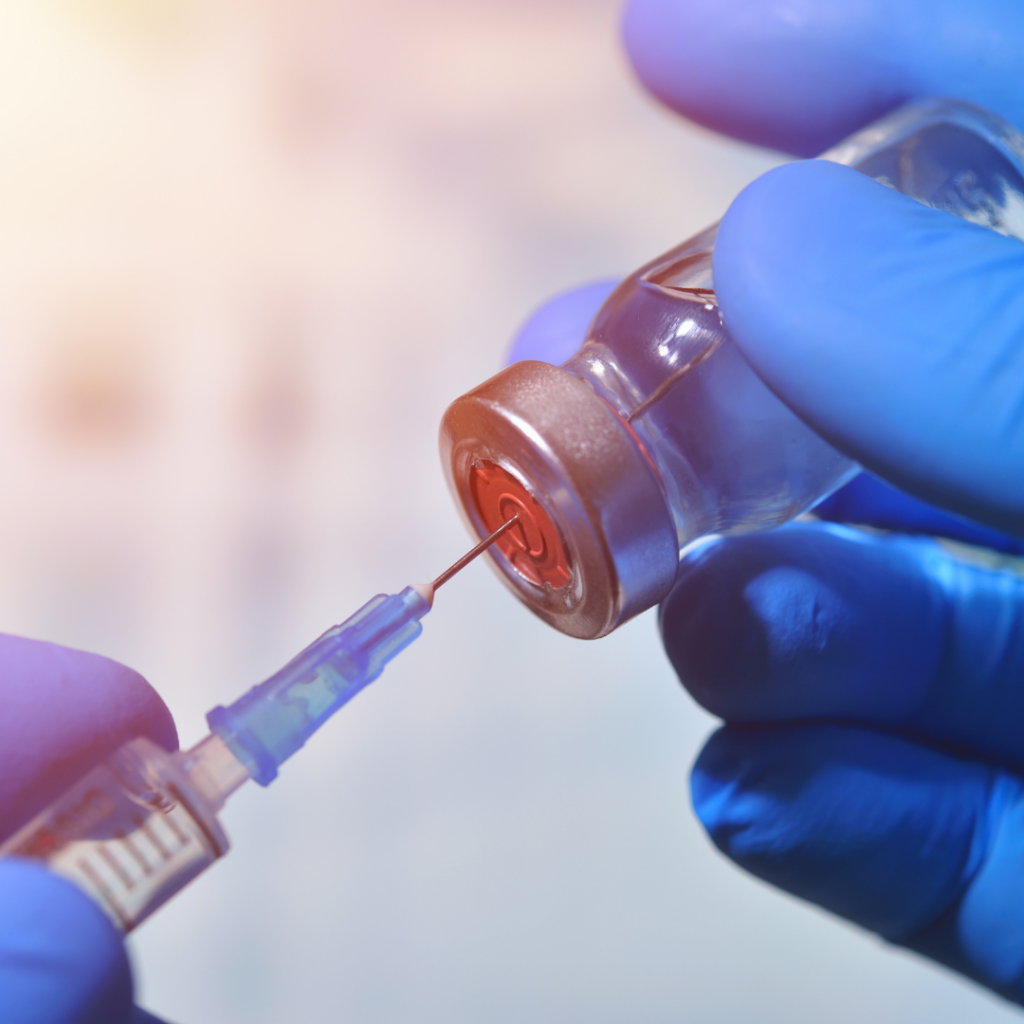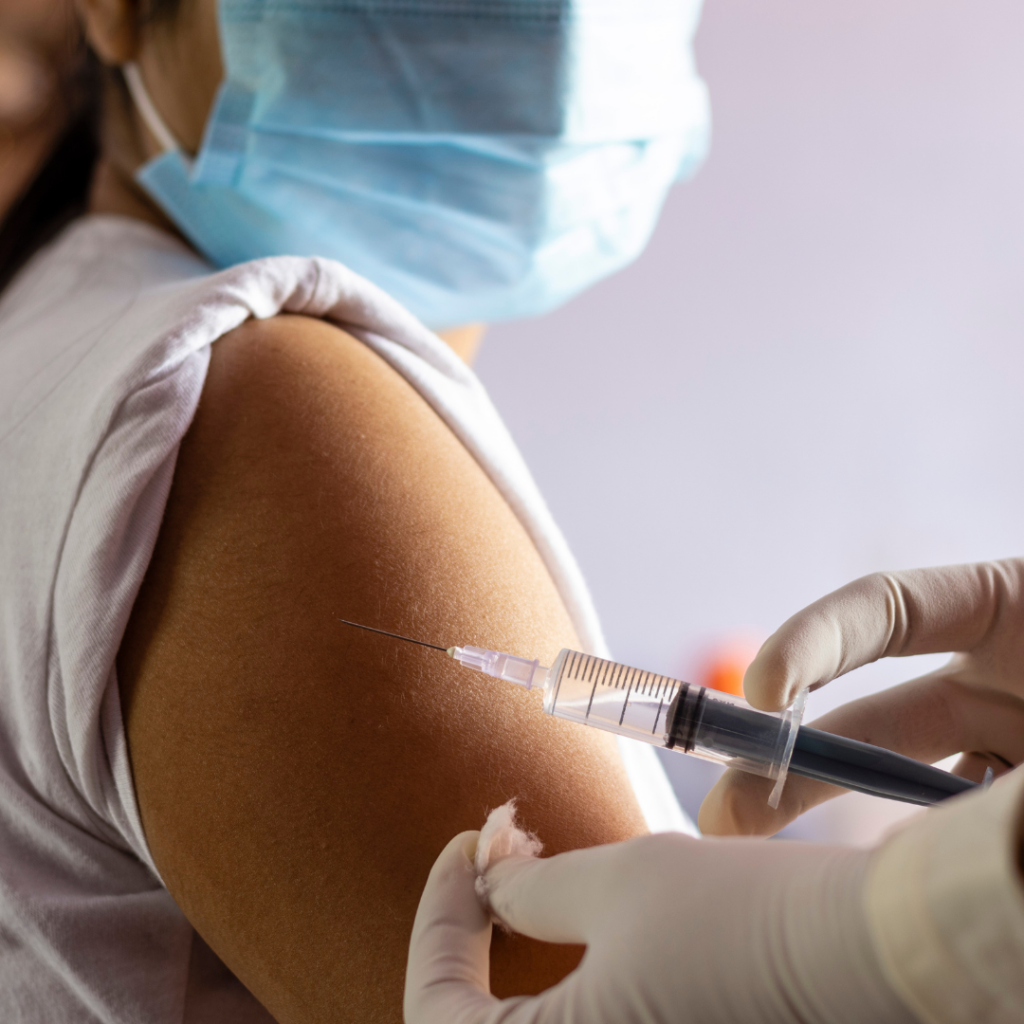
COVID-19 vaccination is a hot-button topic regardless of location or population demographic. Like everything in life, almost everyone has an opinion on the subject. What’s crucial, however, is that the view is driven by concrete scientific data. Here’s what you should know:
Most vaccines require booster shots
A vaccine’s effectiveness in a real-world setting is based on how well it:
- Prevents symptomatic disease
- Prevents severe illness
- Prevents hospitalization
- Prevents deaths
An effective vaccine does all four very well for several months to several years after you get it. However, its ability to protect you begins to diminish over time. A booster is then needed to provide longer-lasting immunity.
Think back to your childhood or caring for your children. Many vaccinations require booster shots. Routine vaccinations for diseases such as tetanus, diphtheria, whooping cough, chickenpox, or measles, always require booster doses to gain complete protection.
Dr. Albert Shaw, an infectious Disease Specialist at Yale University, put it best when he said that the recommendation of boosters doesn’t represent a failure of the existing vaccines. “People get confused—or they think something is wrong—when guidance changes with COVID-19, but we have to remember that we are learning about this (new virus) as we go,” he says.

Why You Should Get A COVID-19 Booster Vaccination
Research shows that the effectiveness of existing COVID-19 vaccines begins to wear off about 4 to 6 months after taking the 2nd dose of the vaccines. We recommend a booster shot because over time, the vaccines may not provide adequate protection against a new variant of the Coronavirus.
Studies show that the absolute effectiveness of two doses of the COVID-19 vaccine in preventing severe illness or death is 90%. The absolute effectiveness of two doses plus a booster is 99 to 100%. You can’t get better than that. Anecdotal reports indicate that most individuals who got COVID-19 and were either fully vaccinated or had received a booster got only mild symptoms or no symptoms at all.
The CDC recommends a five-month interval between the 2nd dose and a booster for Pfizer and Moderna. (Moderna is only authorized for ages 18 and up.) You can get a booster shot 3 months or more after the 2nd dose for Astrazeneca or Johnson & Johnson vaccines.
A booster shot is still recommended if you have had a COVID-19 infection as natural immunity from getting the disease also wanes after a few months. You can get a booster shot as soon as you’re fully recovered and up to 4 months after your infection.
You can also mix and match COVID-19 vaccines. Your booster vaccine can differ from the vaccine you received for your first two doses.

Will You Get A Bad Reaction To The Booster Shot?
You may have had some mild symptoms or even felt quite ill after your initial COVID-19 vaccination. If so, you may be understandably wary of taking a booster shot for fear of getting a similar or worse reaction.
According to the FDA, the most common side effects experienced by people who got a booster dose included redness, pain, and swelling at the injection site. Also, muscle or joint pain, headache, fatigue, and chills. Swelling of the lymph nodes in the armpit was reported more frequently following the booster than after the initial two doses.
Vaccinating as many people as possible is the most effective way to create herd immunity, reduce Coronavirus transmission, and end the pandemic. Experts are still learning a lot about COVID-19 and the COVID-19 vaccines. However, it is clear that the vaccine’s benefits are enormous and outweigh the risks.
So, yes, go and get your COVID-19 vaccine booster and vaccinate all your eligible family members too!
Toju Chike-Obi, MD

